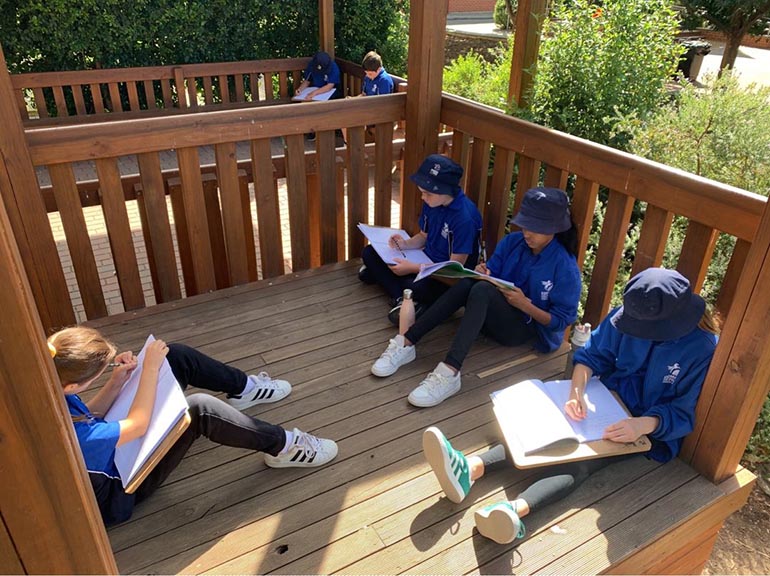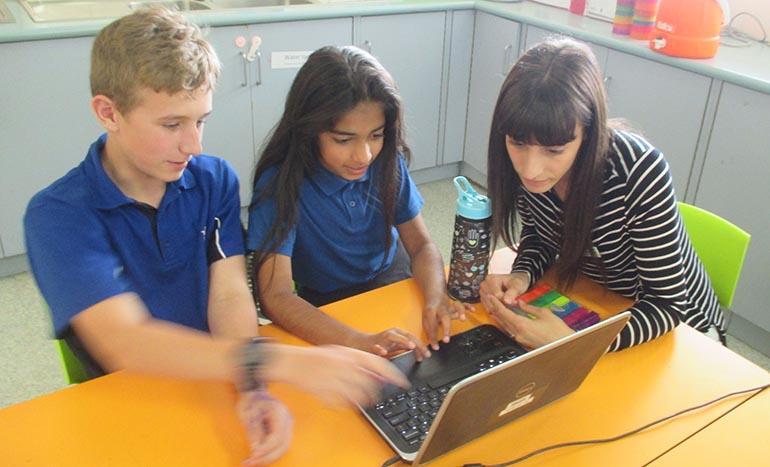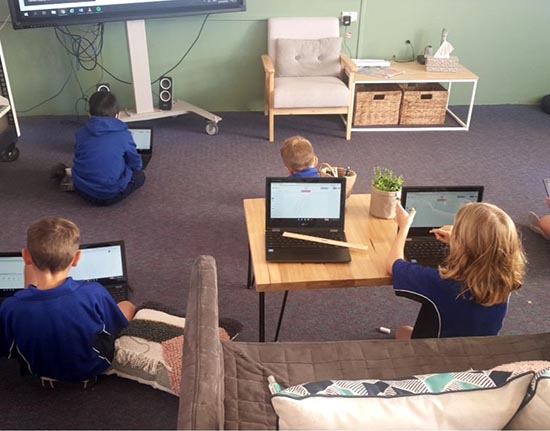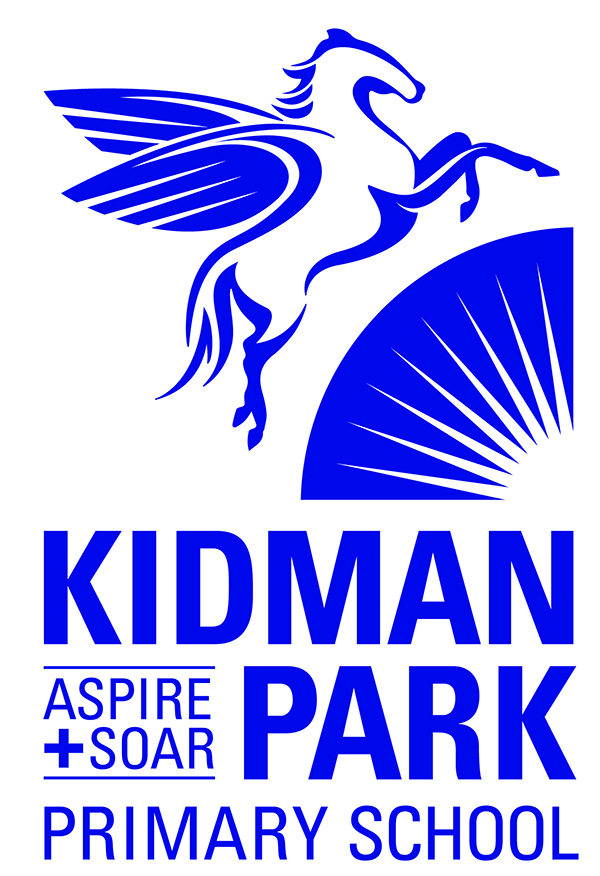Connected Curriculum
Increasingly we are looking for ways to ensure that students have a greater say in the way they learn at KPPS, to ensure relevance, ownership and engagement in all areas of the curriculum. Each year we develop a Connected Curriculum which provides connections for students so they are able to transfer their learning in an interdisciplinary format. For example, concepts learned in Science can be applied to HASS, English can be used to communicate ideas which are directly related to technological ideas, coding can be used to solve a geographical problem etc. By uniting areas of the Australian Curriculum under big questions and their subsequent big ideas we enable students to use critical and creative thinking to provide deeper, richer learning experiences across many areas of the curriculum. By linking these big ideas to dates and events that are important to the local and wider global community, we can provide greater community engagement and purpose.
Each term we create a big non-Googleable question to drive the connections across the Australian Curriculum. We take different themes/subjects as our lead learning area. After looking at each of the Australian Curriculum strands, we work on brainstorming key verbs/nouns to use in our big question for each term. We ensure the big questions devised are broad enough to use as a lens to view other areas of the curriculum while still enabling individual year groups/classes to create sub-questions to match their specific focus. Students use these sub-questions to drive their own investigations (Foundation to Year 2) or ERPs (Education Research Projects – Years 3-6) following inquiry-based learning.
Examples of previous big questions:
- Collaboration and Communication: How does communication help us to connect?
- Self-regulation: could societies survive without it?
- Problem solving: What can’t you solve?
- Knowledge construction: Who are we and how do we know?
- How can sustainable environments impact the future?
- Is change a constant?
- How do actions cause reactions?
- How can communities live long and prosper?
- Can all living things flourish?
- What causes change?
- Why does the universe work?
- What if the force was with you?
Once the big questions have been constructed, we match key content areas from the Australian Curriculum along with specific dates and events each term. Our collaborative teaching teams then use these unit plans to drive student learning incorporating the specific learning intentions and clinic groups (small learning groups led by teachers, SSOs or students) required to ensure students are given different explicit learning and relevant assessment opportunities.
Each year classes also participate in a collaborative class project linked to the UNESCO Sustainable Development Goals (SDGs). These projects are linked to the Connected Curriculum and engages the broader school community. The SDGs represent a collection of objectives to foster international sustainable development in the future. With seventeen goals addressing global challenges, classes select an SDG to concentrate on, enabling students to learn, contribute, and effect positive change. Each class documents their journey and shares their projects with the school community.





Copyright
Disclaimer Statement
Privacy Information
Copyright
